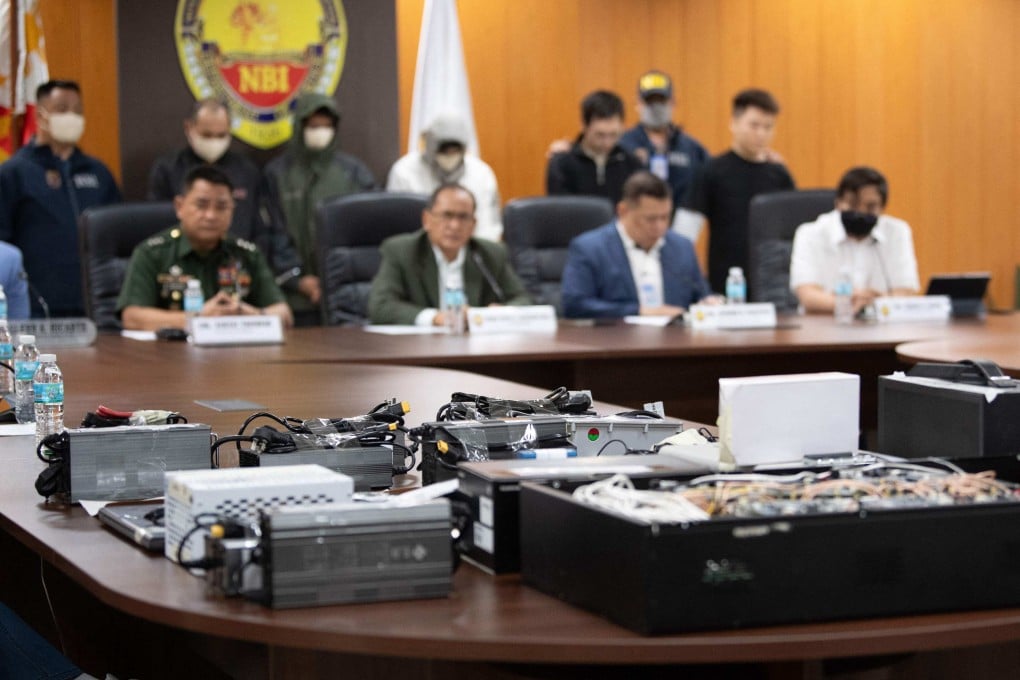Erdogan's Grip on Power Shaken as Protests Erupt Over Arrest of Opposition Mayor
As public discontent grows, Turkish President Erdogan faces unprecedented challenges to his long-standing political reign. Protests in Istanbul are intensifying following the arrest of former Istanbul Mayor Ekrem İmamoğlu, with opposition parties rallying for change. What does this mean for Turkey's political landscape?
Public anger in Turkey is reaching a boiling point as President Recep Tayyip Erdogan faces one of the most significant challenges to his two-decade rule. The recent arrest of Ekrem İmamoğlu, the former Mayor of Istanbul, has sparked widespread protests organized by the opposition Republican People's Party (CHP). This article explores the implications of these events for Erdogan’s political future and the state of democracy in Turkey.
Protests Erupt Across Turkey
In response to İmamoğlu's arrest, the CHP has called for a series of mass protests across Istanbul and other regions in Turkey. CHP Chairman Özgur Özel emphasized that the protests will continue until their demands are met, specifically calling for the return of İmamoğlu to office. The protests have seen participation from hundreds of young people, despite a government crackdown that has resulted in nearly 2,000 arrests, including many students and journalists. Notably, Turkish courts have ordered the release of at least 107 detained students, highlighting the tensions between the state and civil society.
The protests in Istanbul are characterized by their peaceful nature, despite the heavy-handed response from authorities. Demonstrators are rallying against what they perceive as an increasing authoritarian grip by Erdogan's government, a sentiment exacerbated by the removal of at least seven elected opposition mayors following last year's municipal elections, where Erdogan's ruling party suffered significant losses.
The Political Landscape Shifts
Erdogan's People Alliance, which has dominated Turkish politics for years, faced a setback during the municipal elections, securing only 22 victories compared to the 45 municipalities won by the collective opposition. This shift has emboldened opposition leaders, with Özel challenging Erdogan to call for early elections and face İmamoğlu in a direct contest at the ballot box.
The political climate is increasingly charged, with the opposition capitalizing on widespread anti-Erdogan sentiment. The protests signify a growing demand for accountability and democratic governance, as citizens express their frustration over the government's handling of political dissent and civic freedoms.
Implications for Erdogan's Authority
The ongoing protests and the opposition's mobilization signal a crucial moment in Turkish politics. Erdogan’s ability to maintain control is being tested as public dissatisfaction mounts. The arrest of İmamoğlu is viewed as a strategic move by the Erdogan government to suppress political rivals. However, the backlash from the public suggests that such tactics may backfire, energizing the opposition and potentially leading to a more significant political upheaval.
Conclusion
As protests continue to unfold in Turkey, the future of Erdogan's political dominance hangs in the balance. The opposition's calls for change resonate with a growing segment of the population, indicating a potential shift in Turkey's political dynamics. The situation remains fluid, and it is clear that the coming weeks will be critical in determining the trajectory of Turkey's governance and the resilience of its democratic institutions.
Stay informed on the latest developments in Turkey by following our blog for real-time updates and insights.
What's Your Reaction?
















